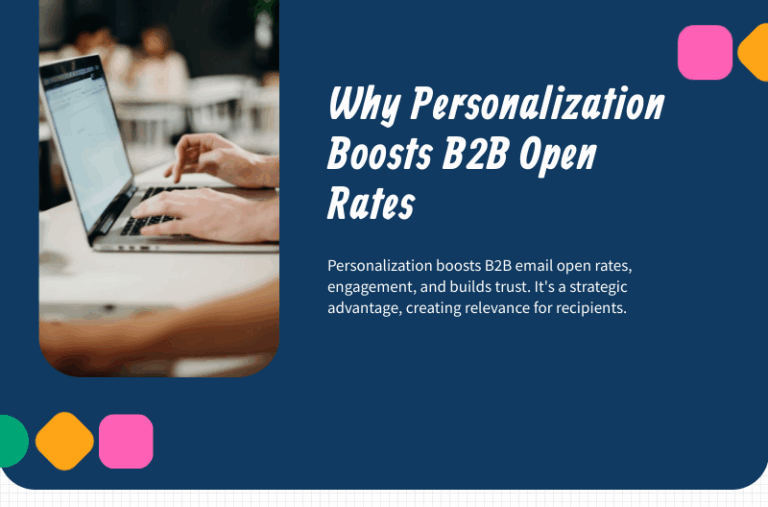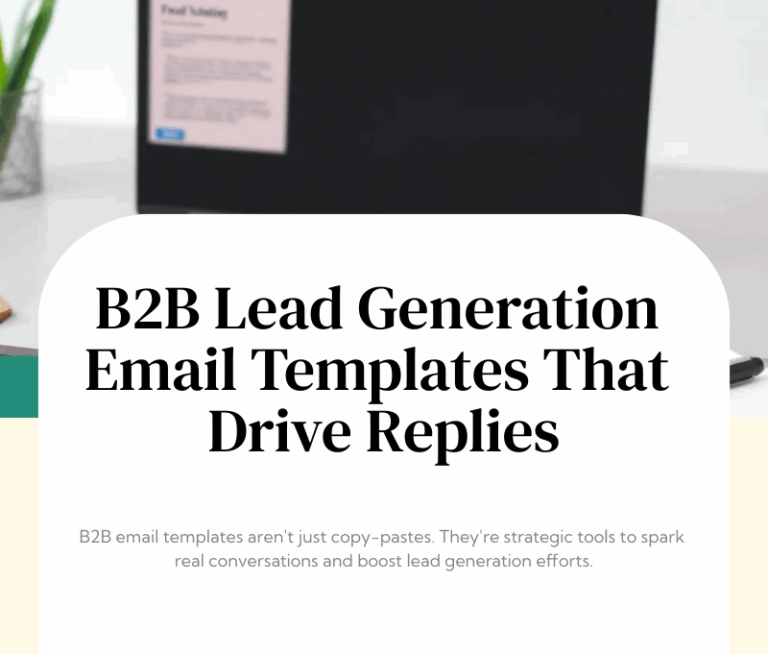 The old method of marketing has become obsolete. With the advent of the Internet, customer interactions and buy signals are sent to you at the speed of light. This has necessitated an autonomous marketing system that can respond in real time.
The old method of marketing has become obsolete. With the advent of the Internet, customer interactions and buy signals are sent to you at the speed of light. This has necessitated an autonomous marketing system that can respond in real time.
Marketing Automation is the ability to integrate all your marketing programs and channels into one global software platform that stores and interprets buying signals, then automatically deploys multiple channel strategies to produce the most profitable and cost effective outcomes possible.
Marketing automation was born out of the emergence of multi-channel marketing campaigns. Companies needed to create and respond more quickly to their email, SEO, SMO, web and direct mail programs. From its inception, marketing automation was practiced in separate silos. This fairly unsophisticated method was disjointed and difficult because it required significant micromanagement from your marketing team. They found that executing programs, reporting and analyzing results could become more efficient and effective by integrating all their efforts into one platform.
Today, software can deploy, engage, optimize and analyze every part of your marketing program, giving you a powerful tool that integrates all the multiple aspects of your marketing strategy into a single campaign management system. Systems do far more than just execute programs and collect data; they can now analyze it, score each prospect based on their demographic profile and the actions they take, then optimize the engagement with them using the right communication flows, cadence and triggers to increase the success of your marketing strategy.
Database Marketing vs. Marketing Automation
Database management, or DBM, is vital to any marketing team’s success. Marketing automation software may include a built-in DBM system or work in concert with a system you already have in place. What differentiates it from DBM is its broader functionality. While your DBM system collects information, your marketing automation suite of tools puts that data to use by analyzing it. It can also make predictions and score leads to help you sort the hottest ones from those you can consider a lower priority.
Think of DBM as a subset of marketing automation, a specialized form of it that relates to building profiles and enhancing data, while the larger family of automation tools also manage email campaigns, develop retargeting strategies and making the data your DBM software collects more readily usable. DBM is the engine; automation is the driver.
The Future Is Now
Lead scoring, measuring ROI and predictive algorithms are a big part of marketing automation. While we aren’t yet in the world of science fiction novels in which artificial intelligence can predict what individual people will do before they know they’re going to do it, modern marketing automation can spot general trends in behaviors and use that information to rank leads and deliver more relevant information.
One great example of automation in action is the way Facebook serves information to users’ news feeds. When you click the “like” button on an article about golf, you’ve alerted Facebook that you might have an interest in the sport. You’ll start seeing more golf-related content in your feed, but you’ll also start seeing other things that may seem only tangentially related to golf, such as content about certain car brands or casual menswear. You see that because Facebook’s affinity software has noted a strong correlation between people who play golf and those who drive certain car brands, wear certain clothing styles and eat at certain restaurants.
Not Big Brother
With so many legitimate concerns about data security and public access to private information, it’s important to note that marketing automation systems work with aggregate data. The software’s scoring algorithms result in better lead generation because it looks at big data and nurtures those leads with information that’s statistically likely to be relevant. If you’ve ever typed a few letters into Google and had the rest of your search string appear, you know how eerily prescient predictive software can be. Marketing automation isn’t magic; it’s just using data and statistical likelihoods to seek out market segments and deliver the most relevant information to them.
A marketing automation system also handles routine tasks such as email automation, forms, landing page management and preference page development, but it excels at spotting previously unseen connections within an integrated marketing campaign. How strong is the correlation between prospects who sign up for your newsletter and time spent on your blog? Are your webinars or your white papers generating more sales? How much of an effect did your last retargeting campaign have on customer retention? Marketing automation software can answer these questions and many others you may not have realized you needed to know.
Contact our marketing automation experts today at 855.867.3224 to help you improve your marketing effectiveness.
© Reach Marketing LLC 2014 All Rights Reserved.



